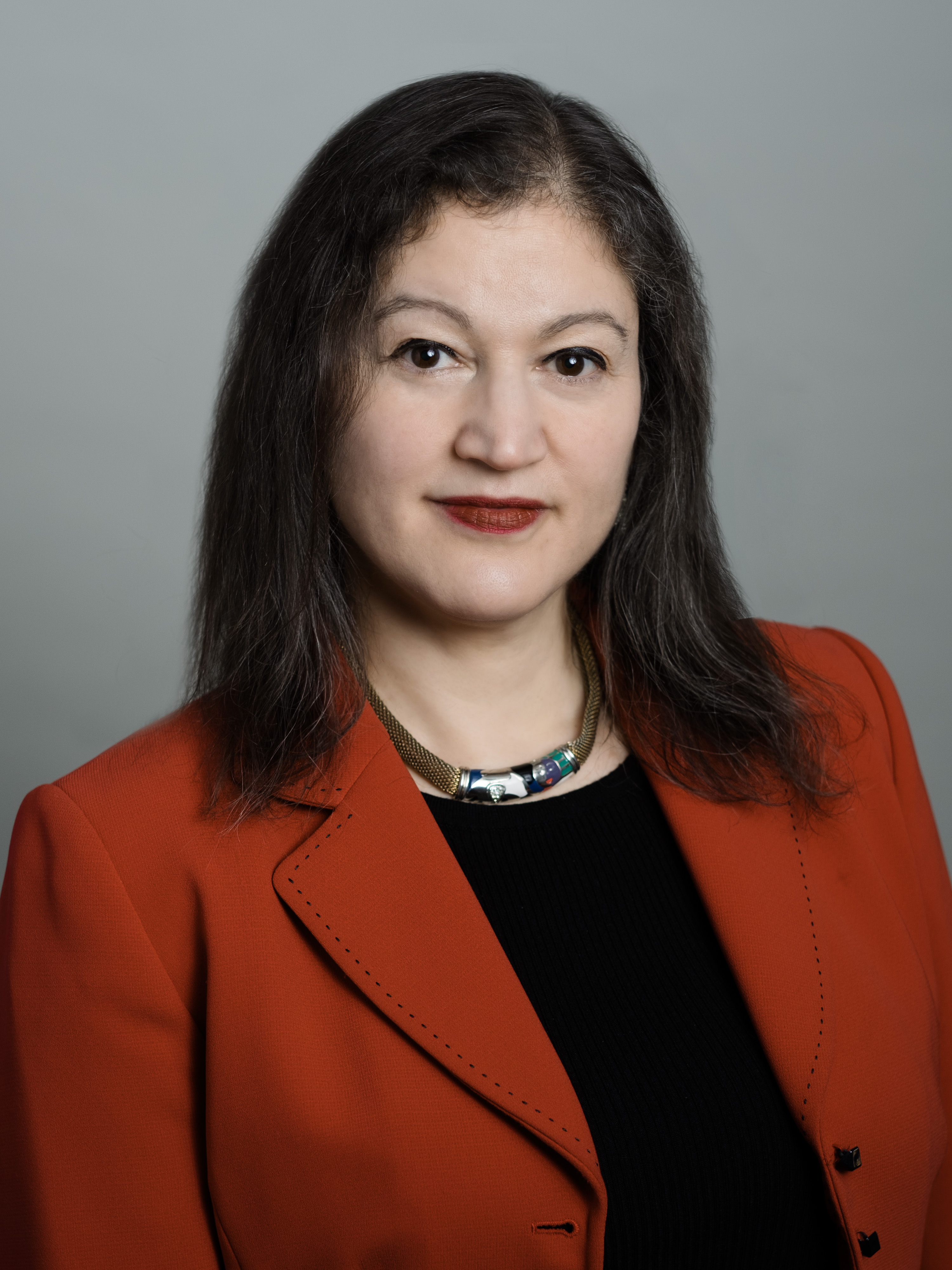The COVID-19 pandemic has caused many companies to view their office space as an albatross. Some have tried to break or alter their leases, while others have turned to the sublease market, leading to a massive influx in supply. According to a recent report by Cushman & Wakefield, sublease space in the first quarter of 2021 accounted for more than 30% of inventory in places like Manhattan, Austin, and Toronto, while San Francisco’s reached an astonishing 50.4%.
Given this backdrop, you’d be hard-pressed to envy brokers tasked with marketing sublease space. Yet some have succeeded despite the glut.
DON'T OVERLOOK THE OBVIOUS: OTHER BUILDING OCCUPANTS
Arthur Draznin, principal owner of Draznin Real Estate Advisors in New York City, emphasizes the importance of contacting every tenant within the building where the sublease space is located. “That is the first rule of a successful subleasing campaign,” he says. “One never knows who may want to expand, and the best place for a tenant to expand is within its own building.” Charles Tatham, SIOR, CEO of Tatham Property Solutions in Paris, also endorses in-building outreach. He recalls a recent effort that led to three neighboring tenants touring a space.
DEFINE CHARACTERISTICS OF SUITABLE PROSPECTS
When you’re ready to expand beyond the immediate building, follow the lead of professional marketers, who frequently develop “personas” of target clients. Arlon Brown, SIOR, senior vice president of Parsons Commercial Group in Southborough, Mass., employs analogous methods: He narrows down the list of potential sublessees by defining criteria of likely candidates. For example, he recently marketed a sublease space in a Class B building in Downtown Boston. In his analysis, the space was most suitable for a nonprofit. With that in mind, his team obtained a good list of nonprofits in Metropolitan Boston, identified the president or CFO of each, and got in touch. This process saved a great deal of time and wasted energy.
OFFER SPECIAL INCENTIVES
As every broker knows, money motivates. Bert Rosenblatt, co-founder of Vicus Partners in New York City, has observed more firms offering double commissions and $10,000 Amex gift cards. Tatham’s firm is paid out of the sitting tenant’s savings. Consequently, outside brokers do not have to split their fee, and earn “maximum remuneration” on deals. Tatham notes that such arrangements may seem “petty” or “scruffy,” but that they’re “pretty motivating for a broker on commission.”
Read the full article in the Summer 2021 issue of SIOR Report now!
Related Articles:










